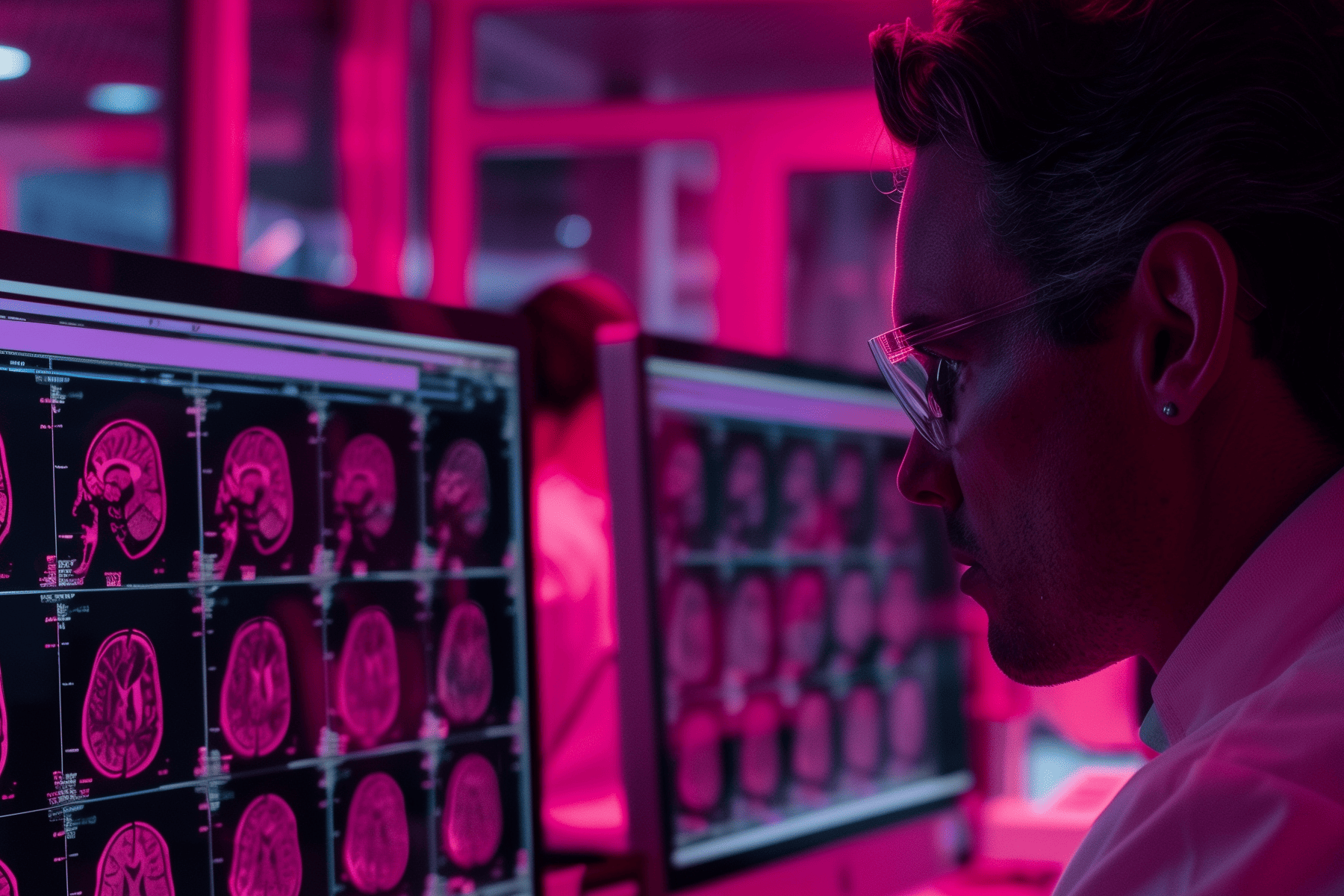Meta Neuroscientist King: "Some of the concepts like reasoning may need to be re-evaluated"
Artificial Intelligence and neuroscience have a deep connection that has been explored by neuroscientist Jean-Rémi King, who leads Meta’s Brain & AI team. In an interview with The Decoder, he delves into various topics such as the integration of AI and neuroscience, challenges in long-term prediction models, predictive coding, multimodal systems, and the search for cognitive principles in artificial architectures.
The Beginnings of Interest in Neuroscience at Meta
Meta's venture into neuroscience may seem unexpected, but it stems from the recognition of the significant role AI would play in the tech industry. The Fundamental AI Research lab (FAIR), established by Yann LeCun, aimed to stay at the forefront of AI knowledge. Over the years, the lab expanded to encompass a diverse range of researchers, including neuroscientists like Jean-Rémi King.
The Interplay Between AI and Neuroscience
King's journey at the intersection of AI and neuroscience began over two decades ago during his undergraduate studies. His exploration led him to delve deeper into the relationship between the two fields, seeking to uncover general principles that govern reasoning and intelligence, applicable to both biological brains and artificial algorithms.

Challenges and Insights in AI Research
The integration of AI and neuroscience has prompted a reevaluation of fundamental concepts like reasoning. King highlights the emergence of intelligence from mechanistic processes, sparking curiosity about the origins of cognitive abilities. Through his research, he aims to bridge the gap between biological systems and artificial intelligence, unraveling the complexities of human thought.
The Quest for Long-Range Prediction Models
One of the enduring challenges in AI research is developing models capable of long-term predictions across various modalities like language, images, and videos. King underscores the difficulty of constructing architectures that support extended inference in latent space, emphasizing the need for innovative solutions to enhance predictive capabilities.

Reflections on Current Progress in AI
While AI models have made significant strides in performance and efficiency, King acknowledges the existing limitations in capturing human-like thinking. Despite advancements in scaling models and optimizing inference processes, there remains a fundamental gap in understanding the innate efficiency of human cognition compared to contemporary AI architectures.
Looking ahead, King anticipates a breakthrough in AI architecture or training paradigms that could revolutionize the field, paving the way for more efficient and transformative advancements in artificial intelligence.




















